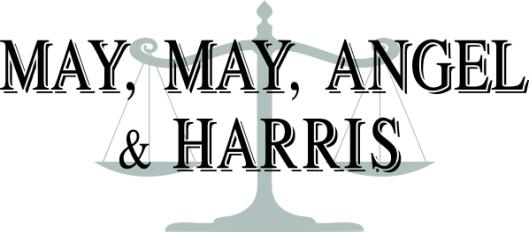Power of Attorney Over Property: An Agent’s Responsibilities and Duties.
The Illinois legislature recently passed a bill putting into effect new Power of Attorney forms over property.
Although the bill does not come into effect until July of 2011, the new forms may be used now. As a part of
these forms, the legislature has spelled out many of the new duties of the agent designated by the power of
attorney. The duties and obligations listed by the Notice To Agent are as follows:
"NOTICE TO AGENT "
When you accept the authority granted under this power of attorney a special legal relationship, known as
agency, is created between you and the principal. Agency imposes upon you duties that continue until you
resign or the power of attorney is terminated or revoked. As agent you must:
(1) do what you know the principal reasonably expects you to do with the principal's property;
(2) act in good faith for the best interest of the principal, using due care, competence, and diligence;
(3) keep a complete and detailed record of all receipts, disbursements, and significant actions conducted for
the principal;
(4) attempt to preserve the principal's estate plan, to the extent actually known by the agent, if preserving
the plan is consistent with the principal's best interest; and
(5) cooperate with a person who has authority to make health care decisions for the principal to carry out
the principal's reasonable expectations to the extent actually in the principal's best interest As agent you
must not do any of the following:
(1) act so as to create a conflict of interest that is inconsistent with the other principles in this Notice to Agent;
(2) do any act beyond the authority granted in this power of attorney;
(3) commingle the principal's funds with your funds;
(4) borrow funds or other property from the principal, unless otherwise authorized;
(5) continue acting on behalf of the principal if you learn of any event that terminates this power of attorney
or your authority under this power of attorney, such as the death of the principal, your legal separation
from the principal, or the dissolution of your marriage to the principal.
If you have special skills or expertise, you must use those special skills and expertise when acting for the
principal. You must disclose your identity as an agent whenever you act for the principal by writing or
printing the name of the principal and signing your own name "as Agent" in the following manner:
"(Principal's Name) by (Your Name) as Agent"
The meaning of the powers granted to you is contained in Section 3-4 of the Illinois Power of Attorney Act,
which is incorporated by reference into the body of the power of attorney for property document.
If you violate your duties as agent or act outside the authority granted to you, you may be liable for any
damages, including attorney's fees and costs, caused by your violation. If there is anything about this
document or your duties that you do not understand, you should seek legal advice from an attorney."
The requirement of the signature of a witness in addition to the principal and the notary, imposed by
Public Act 91-790, applies only to instruments executed on or after June 9, 2000 (the effective date of that
Public Act).
(NOTE: This amendatory Act of the 96th General Assembly deletes provisions that referred to the one required
witness as an "additional witness", and it also provides for the signature of an optional "second witness".)
(Source: P.A. 96-1195, eff. 7-1-11.)
